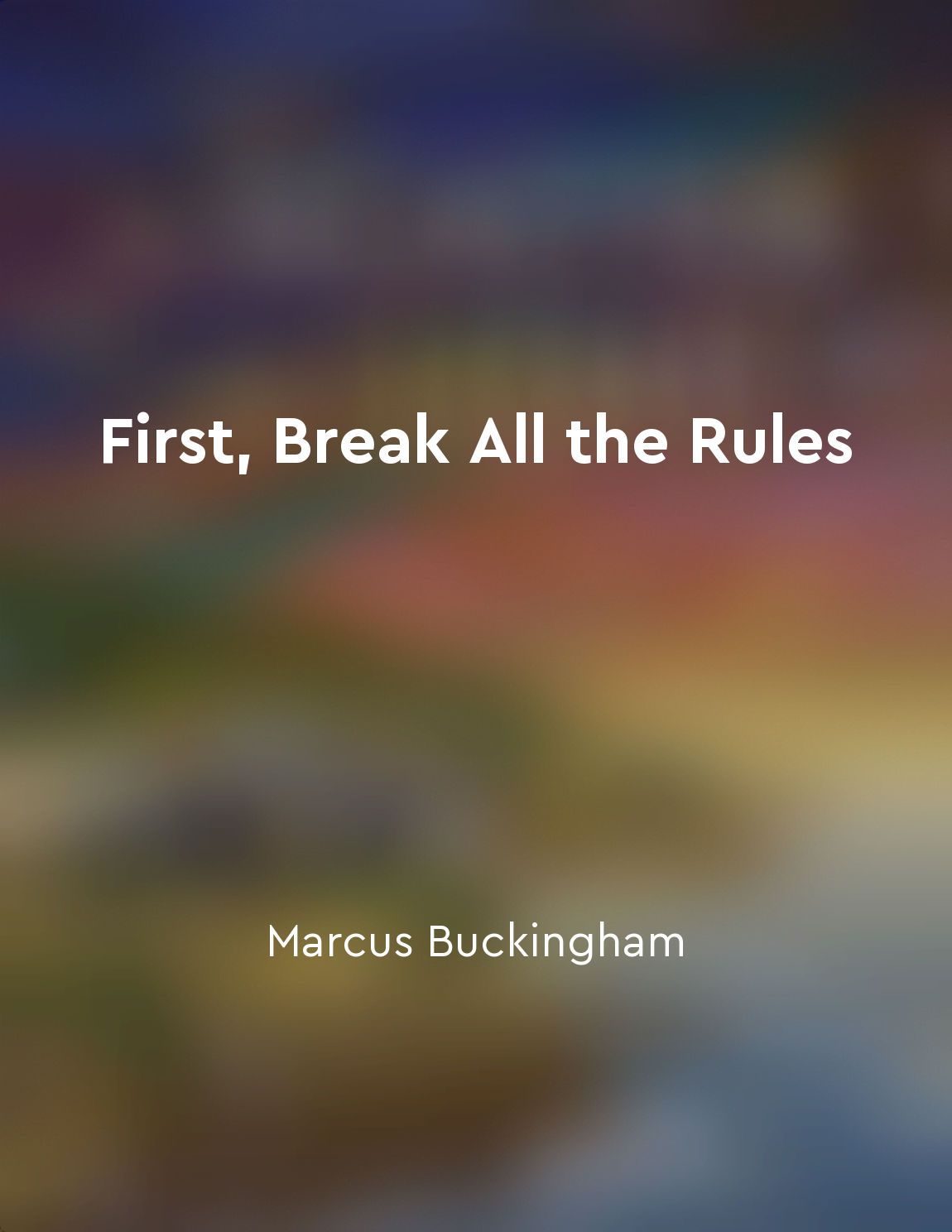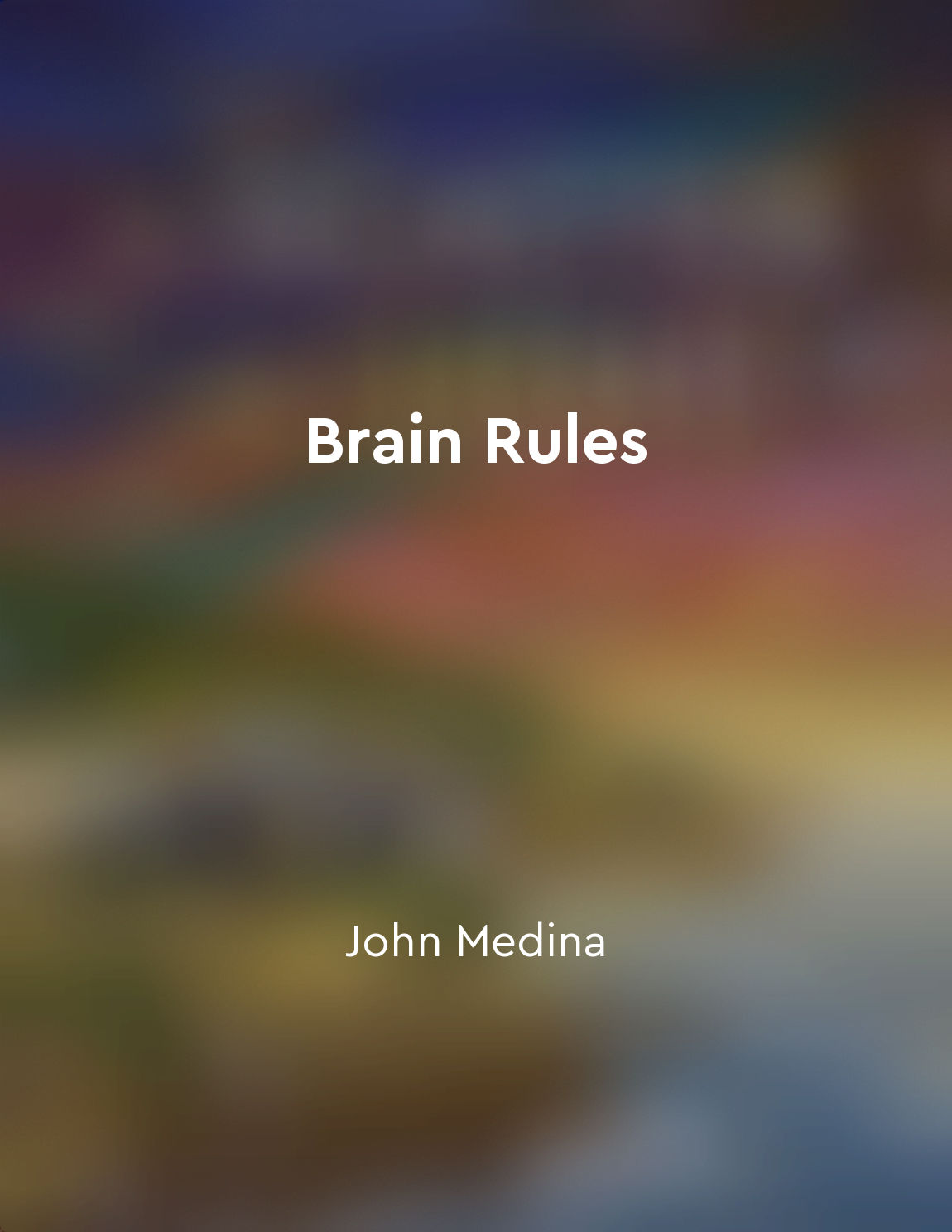Talent is a product of sustained effort and dedication from "summary" of The Talent Code by Daniel Coyle
Talent is not something innate or fixed, but rather a skill that can be developed through consistent and dedicated effort. This idea goes against the common belief that talent is something you are born with, that it is a gift that some people possess and others do not. However, research has shown that talent is not predetermined, but rather a result of focused practice and hard work. In his book "The Talent Code," Daniel Coyle explores the concept of talent and how it is developed through what he calls "deep practice." This type of practice involves pushing oneself beyond one's comfort zone, making mistakes, and learning from them. Through this process, individuals are able to build the neural pathways necessary for skill acquisition and mastery. Coyle emphasizes the importance of consistency and dedication in developing talent. He argues that talent is not a result of innate ability, but rather the result of deliberate practice and effort over time. This means that anyone can become talented in a particular skill if they are willing to put in the work and stay committed to their goals. By highlighting the role of sustained effort and dedication in talent development, Coyle challenges the notion that talent is something you either have or you don't. Instead, he suggests that talent is a product of hard work, perseverance, and a willingness to push oneself beyond one's limits. This idea is empowering because it suggests that anyone can become talented in a particular skill if they are willing to put in the effort and stay dedicated to their craft.Similar Posts
Seek out expert guidance
To get better, seek out expert guidance. Seek out someone who can teach you what you need to know. Seek out someone who can giv...
Negotiation skills are valuable in business and personal relationships
Negotiation skills play a crucial role in both business and personal relationships. The ability to communicate effectively, und...

Great managers treat each employee as an individual
Great managers understand that each employee is unique and has individual needs, motivations, and strengths. They do not treat ...

Make your point in the first ten minutes
When you're giving a presentation, it's important to remember that your audience's attention span is limited. Research shows th...
Learning from mistakes is a stepping stone to success
In the creative process, mistakes are inevitable. They are not only common but also necessary. Mistakes provide us with valuabl...
Unlock your potential through your strengths
The key to personal development lies in understanding and leveraging your unique strengths. By focusing on what you do best, yo...
Find inspiration in your everyday surroundings
Everywhere you look, there is inspiration waiting to be discovered. Your everyday surroundings are teeming with ideas and possi...
Creativity and resourcefulness in problemsolving
Creativity and resourcefulness in problemsolving is about thinking outside the box and finding innovative solutions to challeng...
